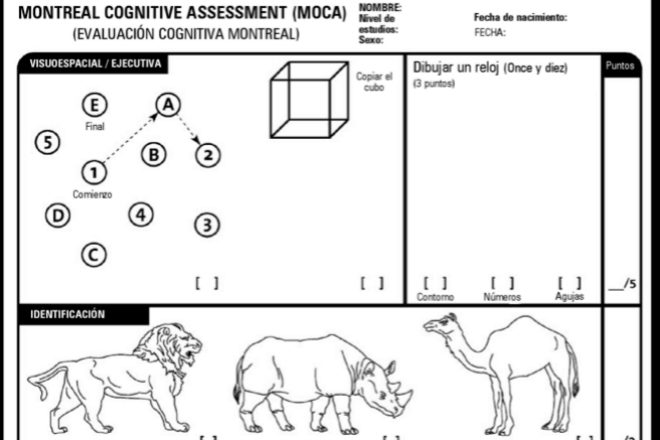Bueno...esto es de US Today que ha mirado quien se ha hecho socio ultimamente del club de golf donde Trump va a jugar y de Mar a Lago
https://www.usatoday.com/story/news...and-lobbyists-get-access-president/632505001/
Y que sorpresa....lobbystas que trabajan para Corea del Sur y para la industria armamentistica de EEUU.
Y que sorpresa tambien que llevemos 2 meses a todo trapo tocando tambores de guerra con Corea del Norte....con misiles volando por encima de Japon etc...
Adivinen quien va a necesitar comprar todo un lote de nuevos sistemas anti-misiles y armas de nueva generacion...por si acaso?
Pues Japon y Corea del Sur. Vendedor? Estados Unidos. De las comisiones ya nos enteraremos mas adelante....
https://www.usatoday.com/story/news...and-lobbyists-get-access-president/632505001/
Y que sorpresa....lobbystas que trabajan para Corea del Sur y para la industria armamentistica de EEUU.
Y que sorpresa tambien que llevemos 2 meses a todo trapo tocando tambores de guerra con Corea del Norte....con misiles volando por encima de Japon etc...
Adivinen quien va a necesitar comprar todo un lote de nuevos sistemas anti-misiles y armas de nueva generacion...por si acaso?
Pues Japon y Corea del Sur. Vendedor? Estados Unidos. De las comisiones ya nos enteraremos mas adelante....











